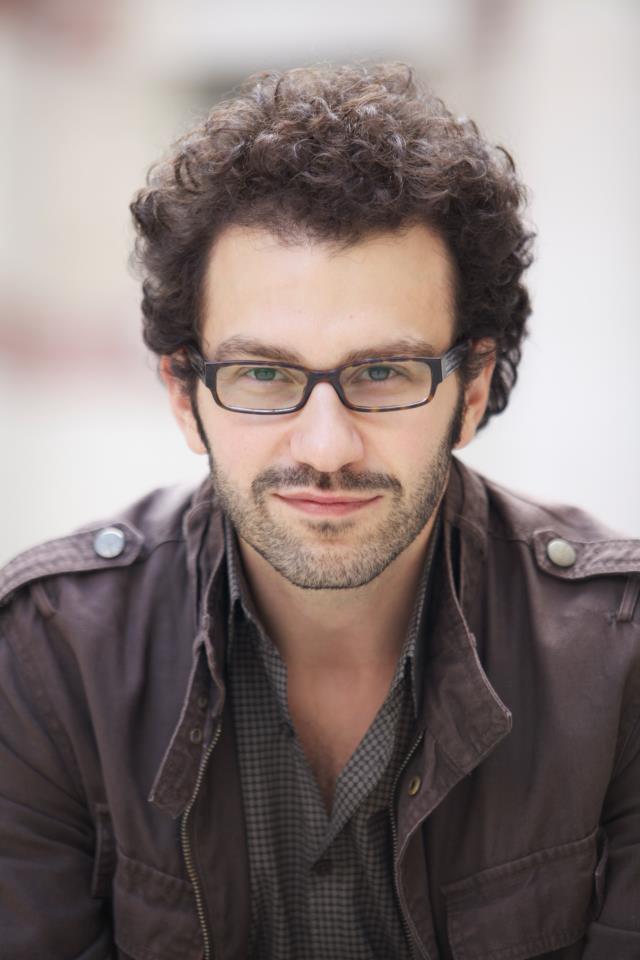By Artsvi Bakhchinyan
Special to the Mirror-Spectator
YEREVAN/PARIS — Last October French-Armenian filmmaker and scriptwriter Stéphane Kazandjian visited Armenia for the first time as a jury member of ReAnimania Yerevan International Animation film festival, celebrating its tenth anniversary this year. This interview with Kazandjian discusses his films as well as his Armenian background.
Stéphane, I first learned about you in 2002 due to your first feature film, “Sexy Boys.” Frankly, comedies about youth are not my piece of cake, but the director’s -ian led me to watch it. And if I am not mistaken, the main character’s family name also has an -ian. Is the film somehow autobiographical?
The main character’s name is indeed Sebastien Kibarian — Kibarian being my grandmother’s maiden name. The film was never intended to be about an Armenian family, but as I was looking for my character’s family name, I thought it might be something meaningful to me too.
Strange as it may seem, “Sexy Boys” is actually quite autobiographical. This is my group of college friends — that I still meet with — and those are the kind of issues we dealt with, as I guess most young adults do. What interested me in this film was to deal with the idea of masculinity. It is a very tricky question when you are in your late teens / early twenties — even later, I am afraid. American teen movies usually deal with the question of “being an outsider/being popular,” but rarely with guys totally lost about the idea “what does it mean to be a man?” Who is the “real” man? The sex god with multiple partners? The quiet family guy? The romantic sensitive friend?








